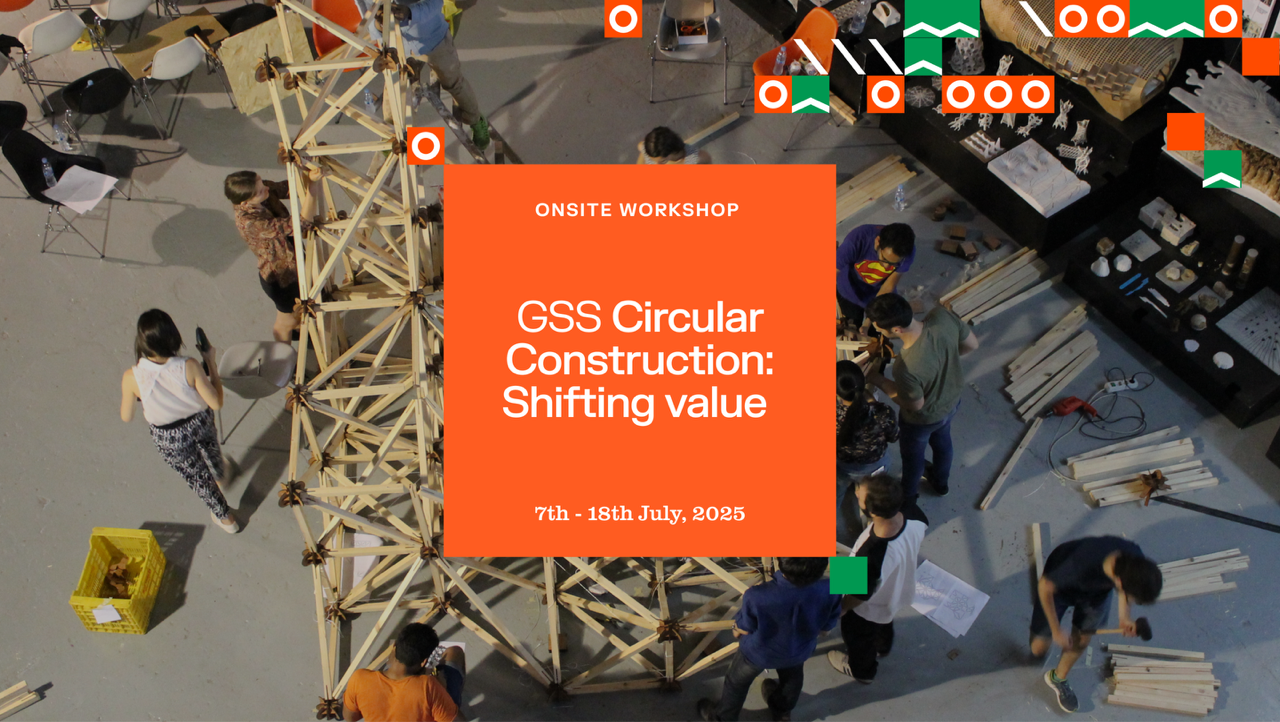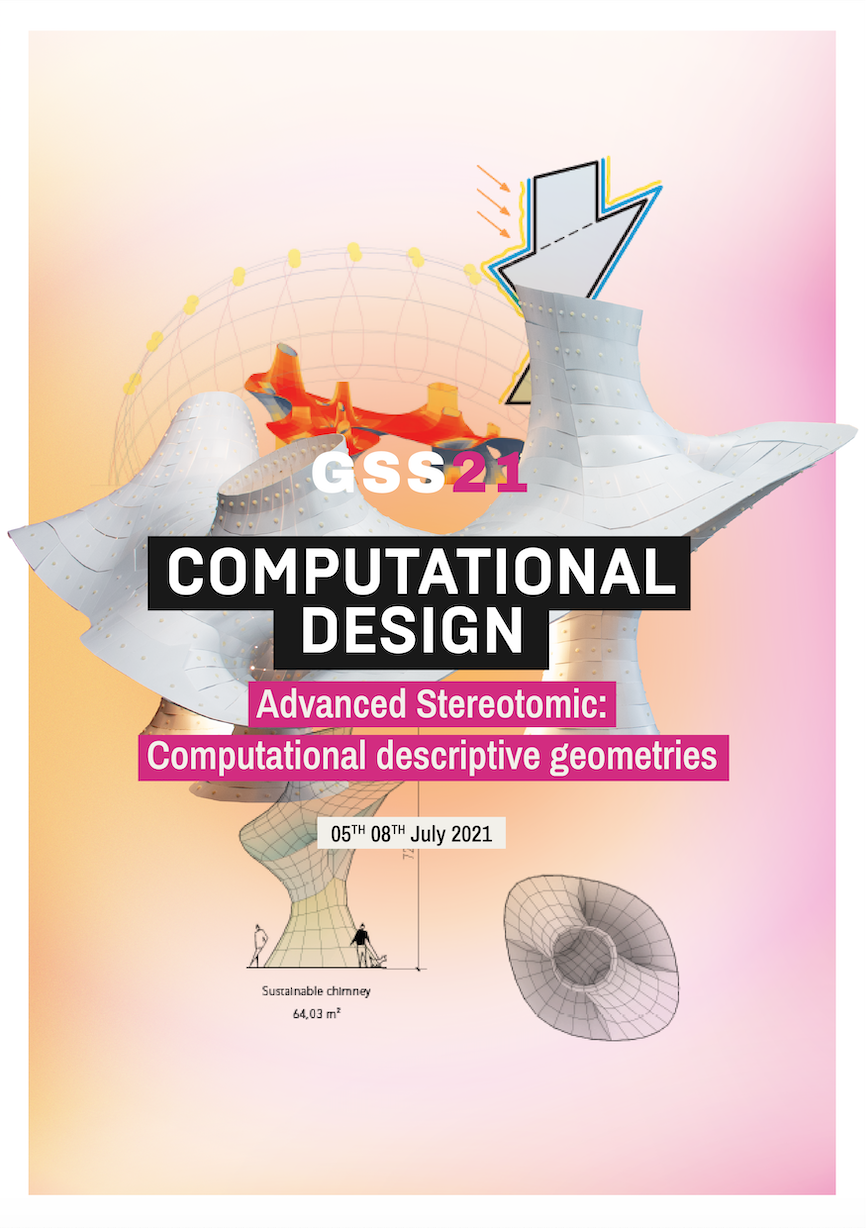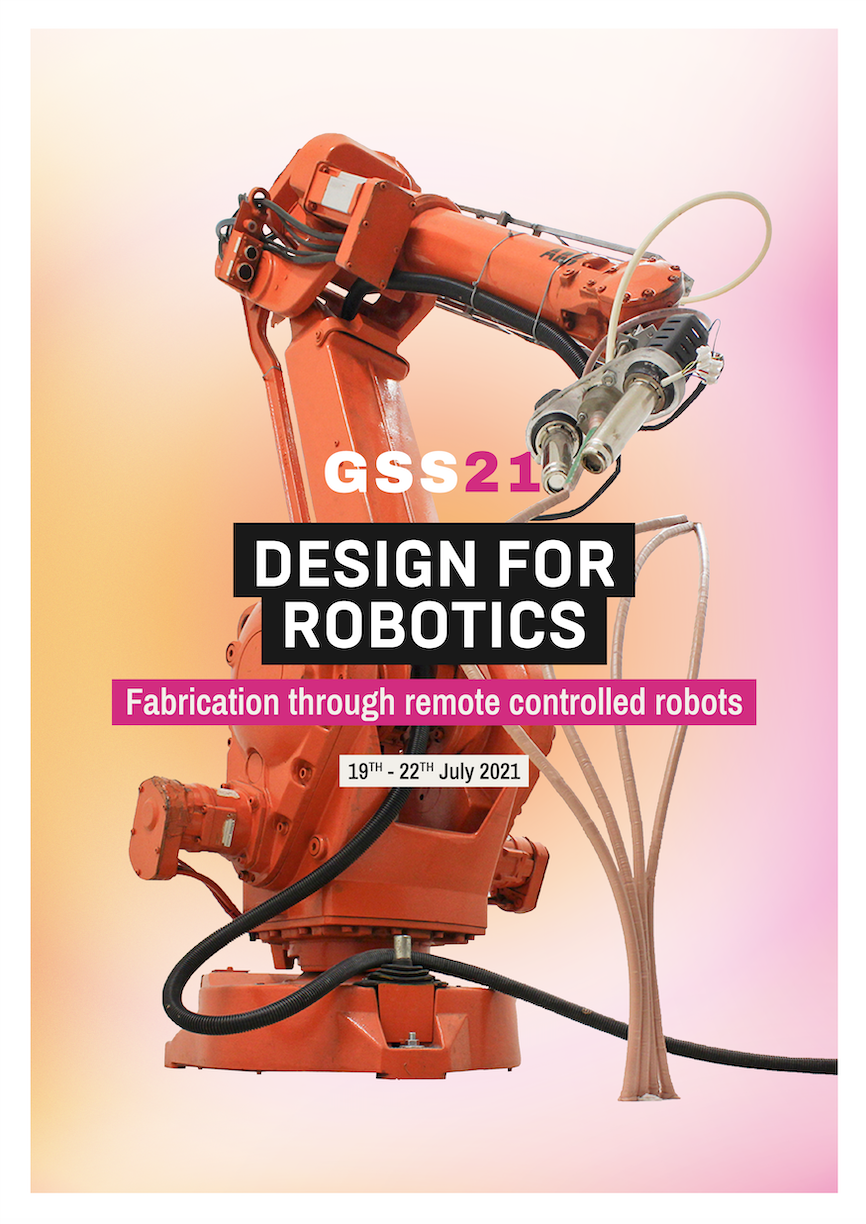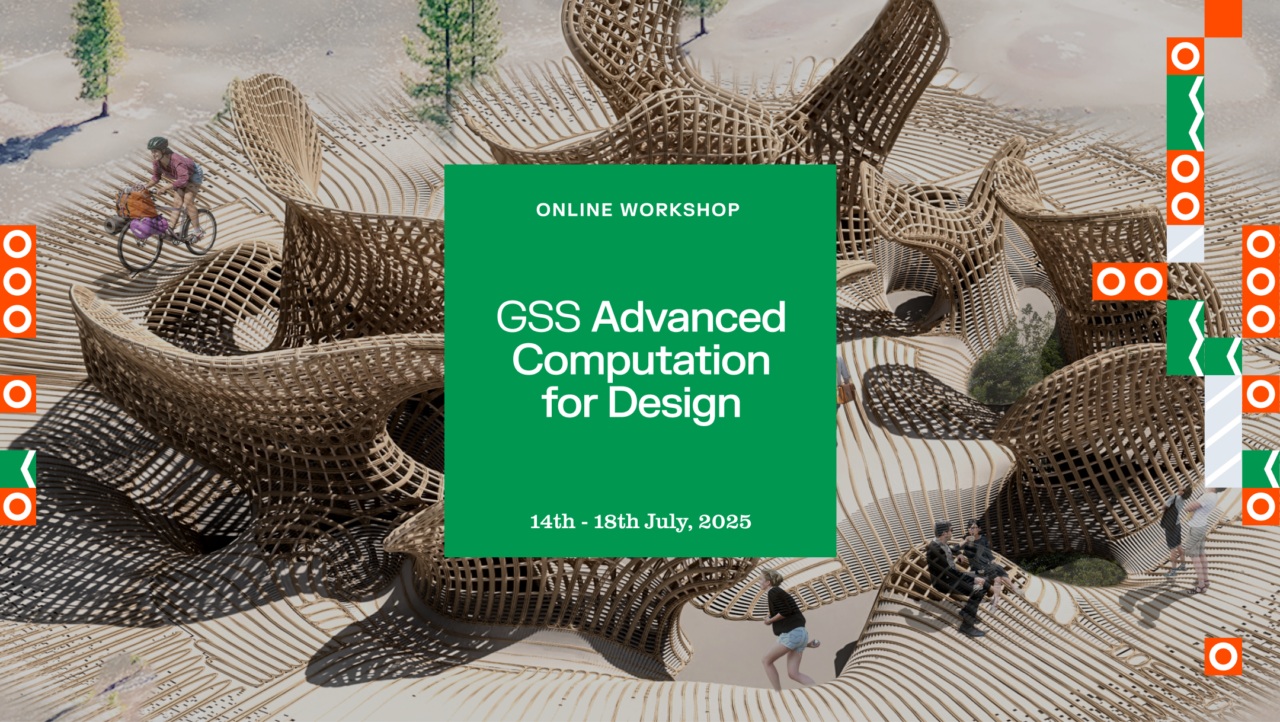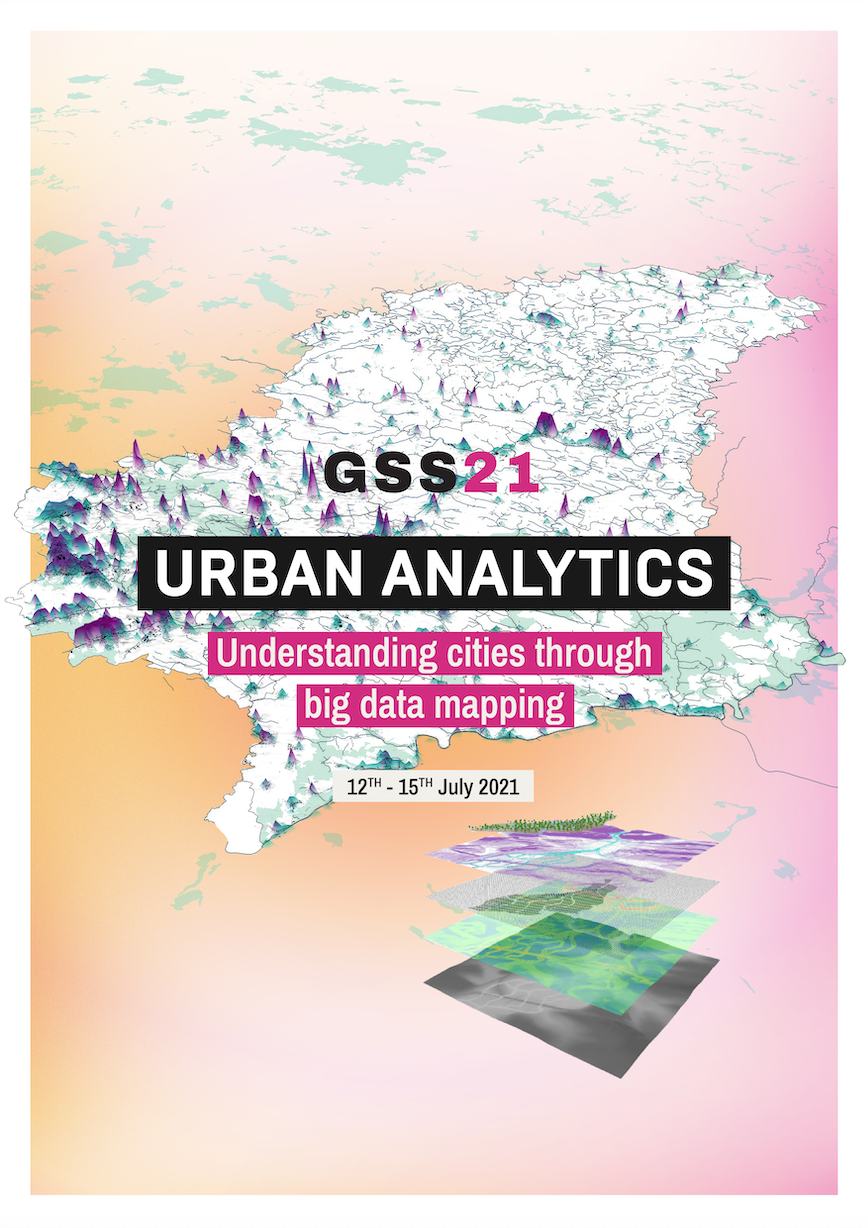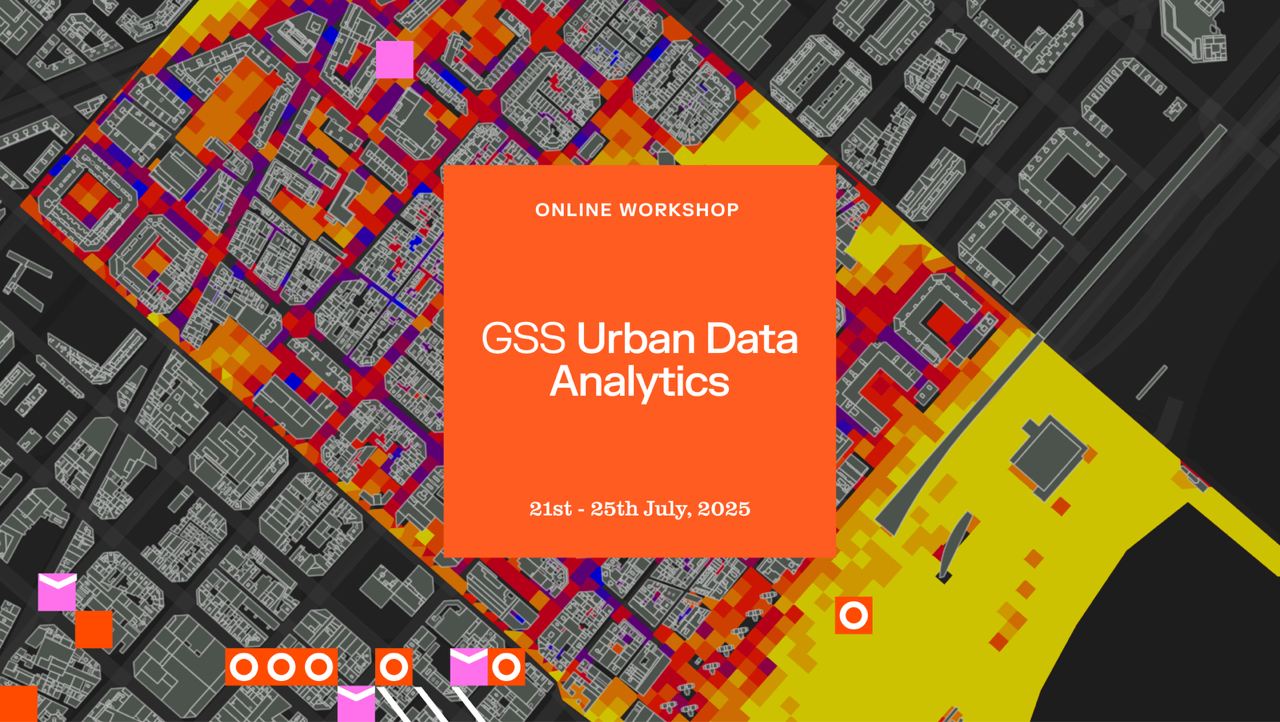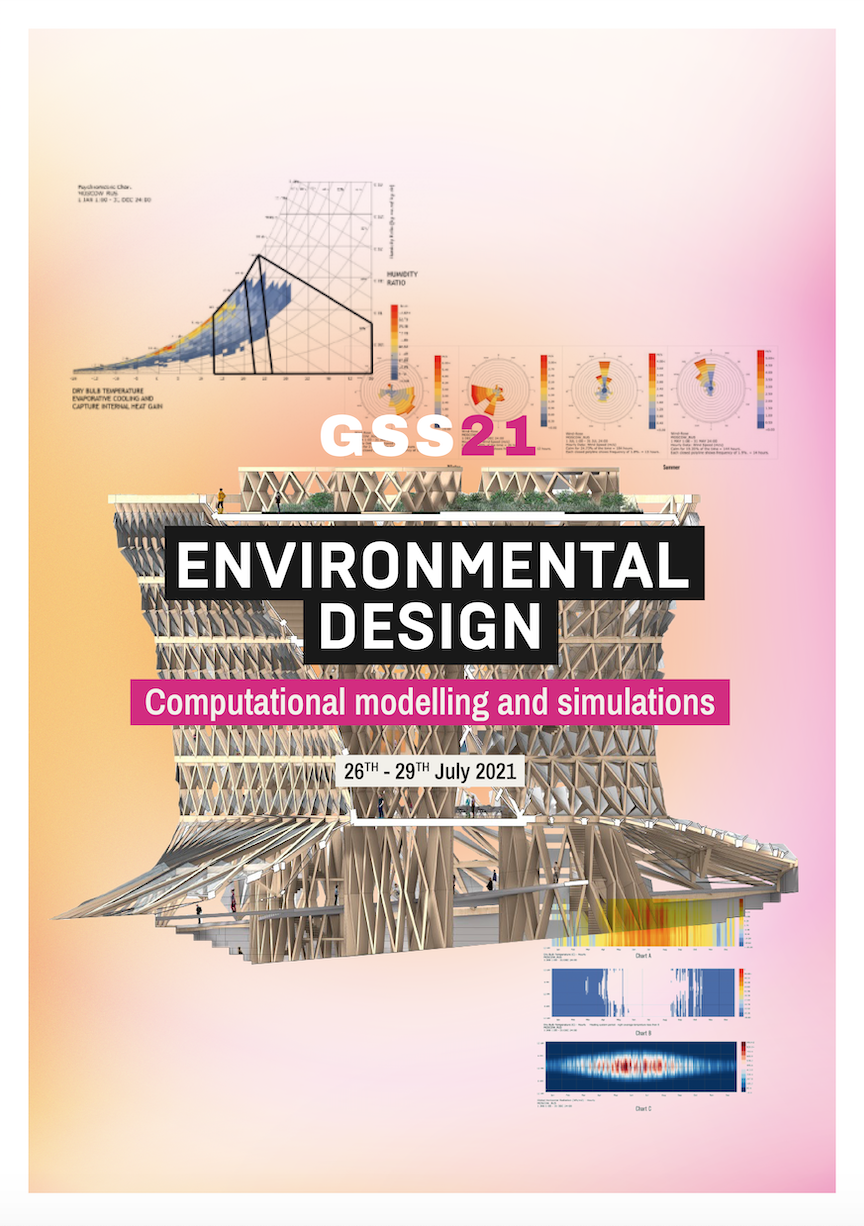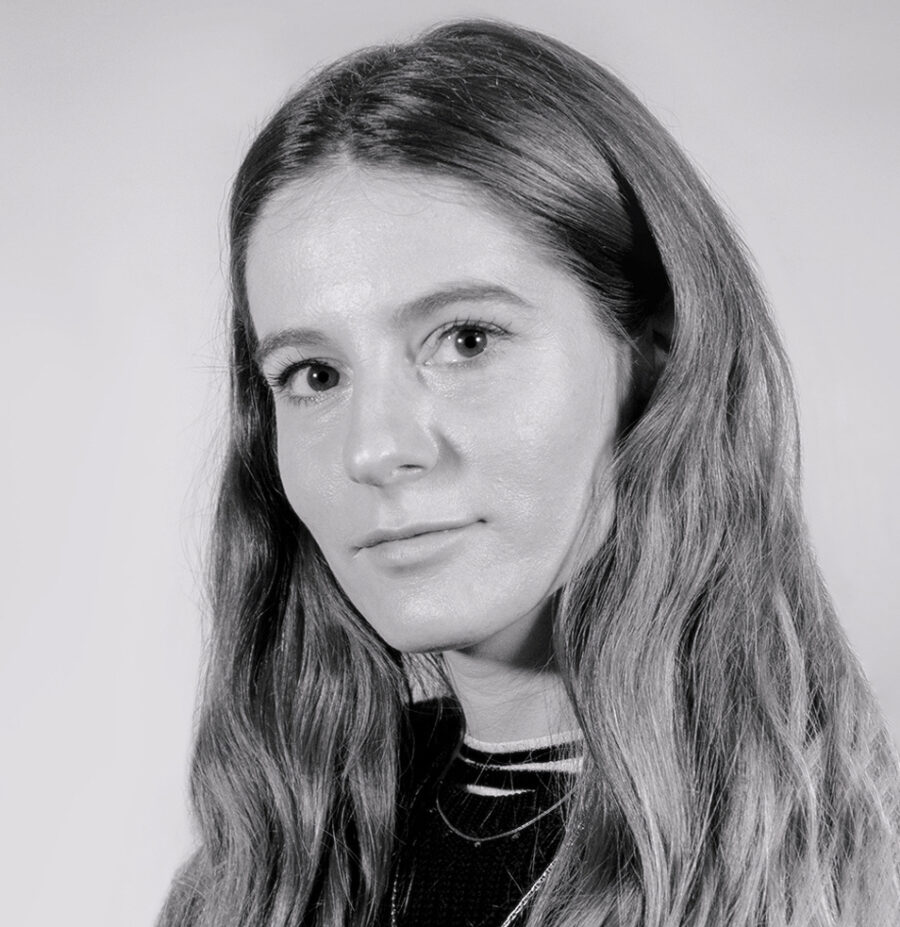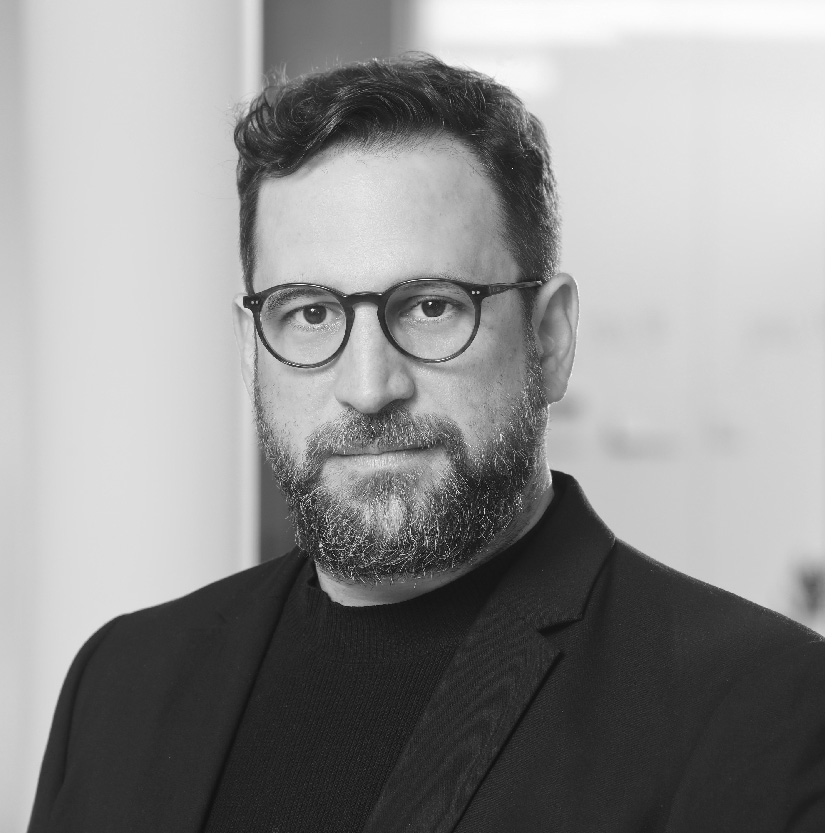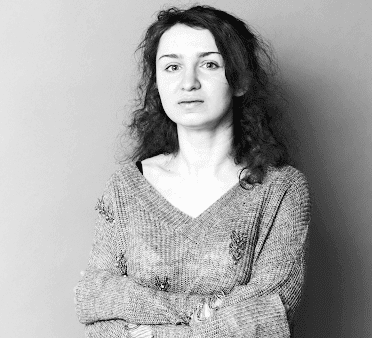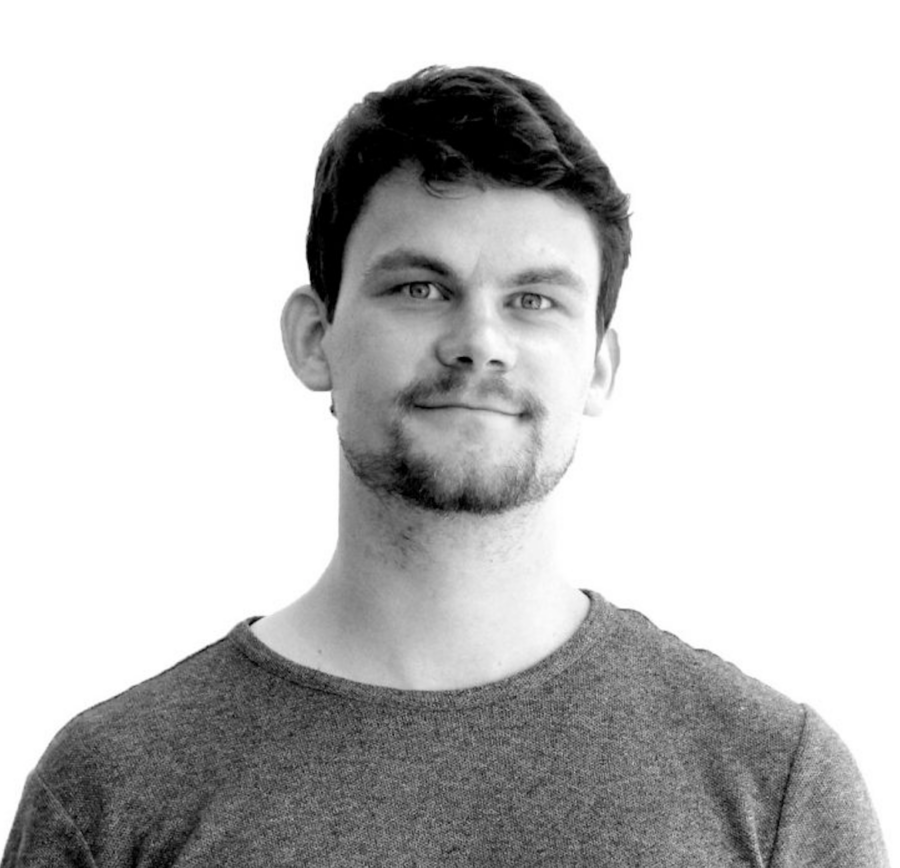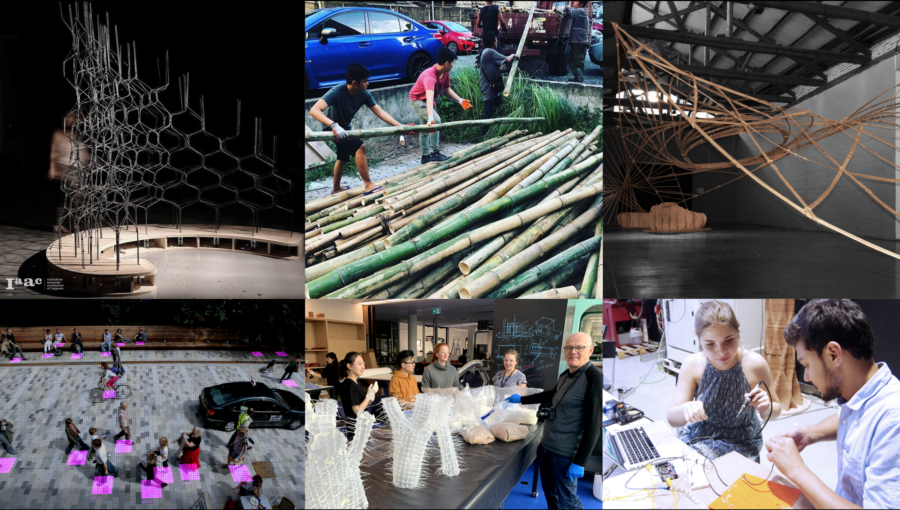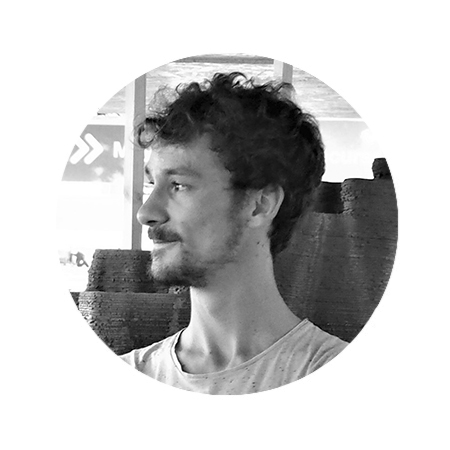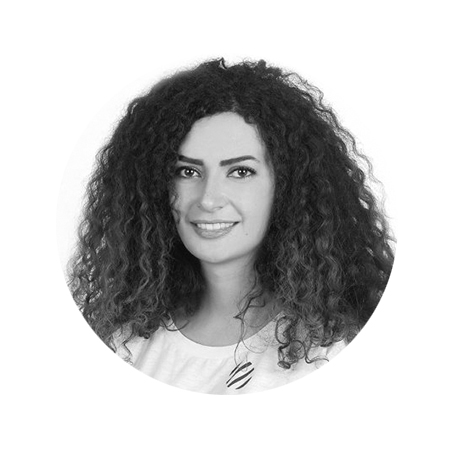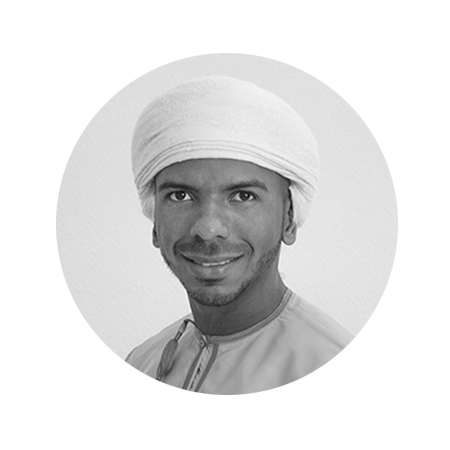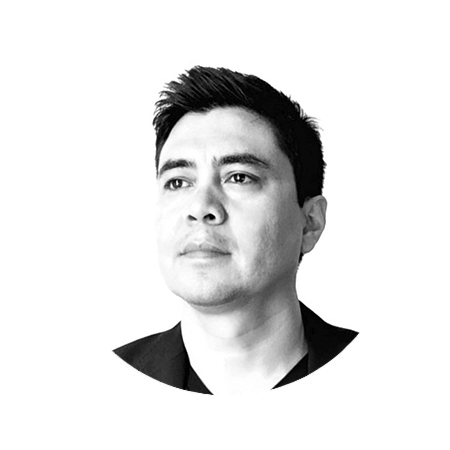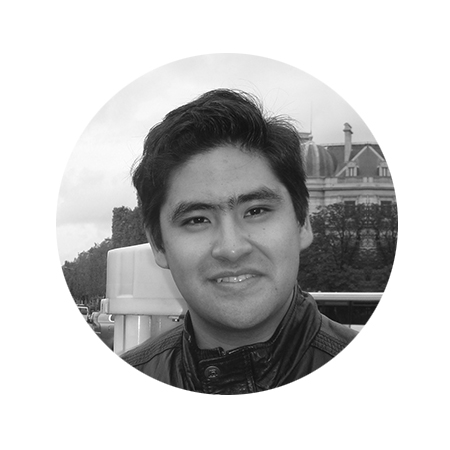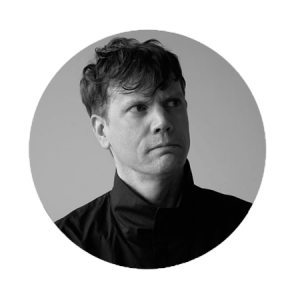The Institute for Advanced Architecture of Catalonia (IAAC) opens the doors to a new edition of the Global Summer School (GSS), blending both online and onsite workshops and creating a common platform for students all over the world with IAAC network of experts and renowned lecturers in the main educational experience of summer 2025.
For over 15 years, IAAC’s faculties and students have collaborated both in person & online, with the aim of fostering knowledge sharing and expertise exchange within a global learning community comprising architects, engineers, designers, and innovators.
This summer, IAAC proposes a modular workshop model for GSS, aiming to enhance hands-on experiences at IAAC Barcelona while maintaining digital accessibility through an agile online format. GSS25 offers participants the opportunity to engage in four workshops focusing on the latest digital tools and software, covering topics such as computation and digital fabrication, advanced computational design, digital data & urban analytics and artificial intelligence in architecture.
Throughout the years, GSS workshops have represented a celebration of forward-looking education, inviting participants to envision a new paradigm of Advanced Architecture across various scales. The learning objectives of GSS encourage exploration of new design solutions, architectures, and tools, empowering participants to become change-makers in the evolving world and society.
Thanks to its intensive and dynamic format, GSS participants have the flexibility to tailor their own learning journey, either through a two-week onsite workshop at IAAC or by selecting one or more online modules offered throughout July 2025. Led by IAAC faculties and alumni, the GSS workshops ensure immersive workflows and individual project exploration and development.
Furthermore, GSS participants will have the opportunity to apply to the GSS onsite workshop in Barcelona, or join the GSS experience in any of the IAAC GSS Nodes located around the world. After 4 years, the GSS Nodes are back!
Join the IAAC GSS programme this summer, and choose one or more workshops to become part of the GSS community!



